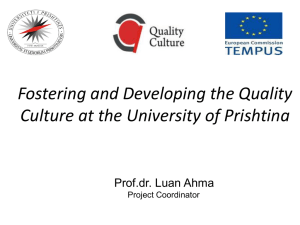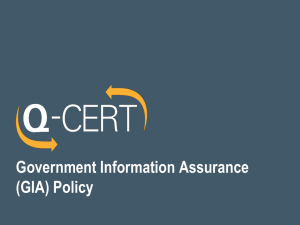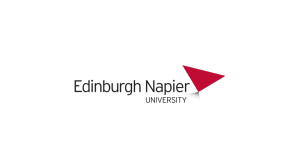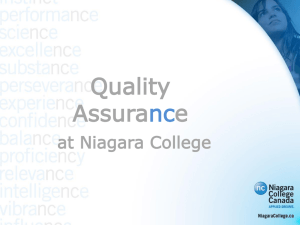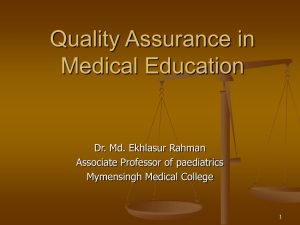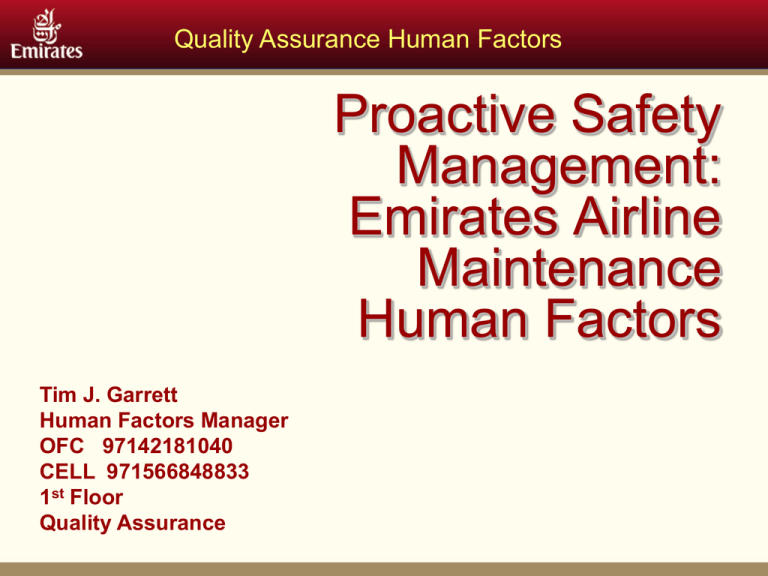
Quality Assurance Human Factors
Proactive Safety
Management:
Emirates Airline
Maintenance
Human Factors
Tim J. Garrett
Human Factors Manager
OFC 97142181040
CELL 971566848833
1st Floor
Quality Assurance
Quality Assurance Human Factors
WHY DO SAFETY MANAGEMENT SYSTEMS AND HUMAN FACTORS?
Quality Assurance Human Factors
WHY DO SAFETY MANAGEMENT SYSTEMS AND HUMAN FACTORS?
Quality Assurance Human Factors
Human Factors Manager
• Responsible to manage and implement an effective
Aviation Engineering Human Factors Program to
provide Emirates Airlines with the framework to preclude
or reduce the possibility of loss associated with
workplace accidents, incidents, injuries and deaths with
in the Engineering Group.
• This is accomplished through Human Factors
awareness, training, publications, and a implemented,
effective, standardized, “Just Culture”, post event
investigative process based upon TEM (Threat and Error
Management) concepts and philosophies.
Quality Assurance Human Factors
Facts and Figures
• U.S. Nationally 50 workers are injured every minute of the 40-hour week
• Seventeen of these workers die each day in work related injuries/ illnesses
Approximately 5,200 deaths per year
•Technical Operations CO injury average cost is $8,138/29,785dh per incident
Incurred cost for employee injuries was $31/113.46 million for 2006
• Return on Investment in Safety
For every $1/3.66dh invested in safety/HF programs a company will save
$4/14.64dh to $6/21.96dh in costs associated with employee injuries
• Benefits of Effective Worker Safety and HF Programs
Improved employee morale, higher productivity, reduced absenteeism, lower
turnover, lower worker compensation costs
Quality Assurance Human Factors
Quality Assurance Human Factors
Quality Assurance Human Factors
Quality Assurance Human Factors
How Do We Get There?
The program is a multi-year, multi-level effort based
upon the following 4 Cornerstones:
• Leadership, Management, and Employee Involvement
• Workplace Analysis and Hazard Prevention and Control
• Human Factors/Safety Training and Awareness.
• Human Factors and an effective SMS become a formal portion of the core business.
Quality Assurance Human Factors
ETESA
ETESA stands for Engineering Threat Error Safety
Analysis
• This process is how to utilize and conduct a
standardized post event investigative process for
identifying threats and errors. – it’s a process and a form
that enables us to collect and analyze Threat/Error
information and make changes, so we can prevent the
errors from happening again. The ETESA form is based
upon the Boeing MEDA Maintenance Error Decision Aid
form.
• ETESA reporting, tracking, trending, and risk analysis to
decrease Ground Damage, Flight Irregularities,
Maintenance Re-Works and OJI cost. In association with
SDS. ETESA findings to be presented to Emirates
Safety Board for review, risk assessment, corrective
Quality Assurance Human Factors
•
FAA Fatigue Counter Measures
Training
Fatigue is a widespread and unavoidable by-product
of 24/7 service
operations. It is more than simply being tired, and its effects are
more than falling asleep. Fatigue is a complex state characterised
by a lack of alertness and reduced mental and physical
performance, often accompanied by drowsiness. Fatigue can affect
all maintenance tasks by impairing judgment, decreasing
concentration and increasing memory lapses, reducing motivation
and mood, as well as other performance effects Fatigue poses an
elevated risk to aviation maintenance professionals and the our
customers.
• Fatigue Training is an effective fatigue risk management tool.
Fatigue countermeasure training has been utilised across a number
of industries with 24/7 operations for more than 20 years (e.g.,
trucking, railroad, mining, water transport).
Quality Assurance Human Factors
•
•
•
•
FAA Fatigue Counter Measures
Training
•
–
–
–
Individual Benefits:
Increased sleep quantity
More energy for recreation and family time
Better health and reduced caffeine use
• •
• –
• –
Organizational Benefits:
Reduced turnover and absenteeism
Fewer fatigue problems and morale issues
Quality Assurance Human Factors
FAA Fatigue Counter Measures
Training
Quality Assurance Human Factors
FAA Fatigue Maintenance Fatigue
Workgroup
Duty Time Limitation Recommendations
Quality Assurance Human Factors
Quality Assurance Human Factors
Quality Assurance Human Factors
The SMS Table (Side View)
© 2009 The MITRE Corporation. All Rights Reserved.
17
Approved for Public Release; Distribution Unlimited 06-1512
Quality Assurance Human Factors
The SMS Table (Top
View)
Engineering
Human Factors
Fatigue Counter Measures
Training Programs
Manager Safety Survey
Safety Forum
SAG
Human Factors Reports
ETESA
18
Quality Assurance Human Factors
The SMS Table (Top
View)
Are data sources
accurate, complete
and timely?
Are risk mitigations
effective? When not, is
the risk re-introduced
into SRM for
re-analysis?
Are policies,
procedures,
and organizations
appropriate?
Are risk
mitigation
strategies
appropriate?
Is there a safety
culture? Is there
adequate training &
communication?
Is there a
Voluntary
Reporting
System?
19
Are all
hazards
identified?
Are identified
hazards analyzed
correctly?
Quality Assurance Human Factors
Thank you!
It’s more than just a safe environment –
it’s good business!


